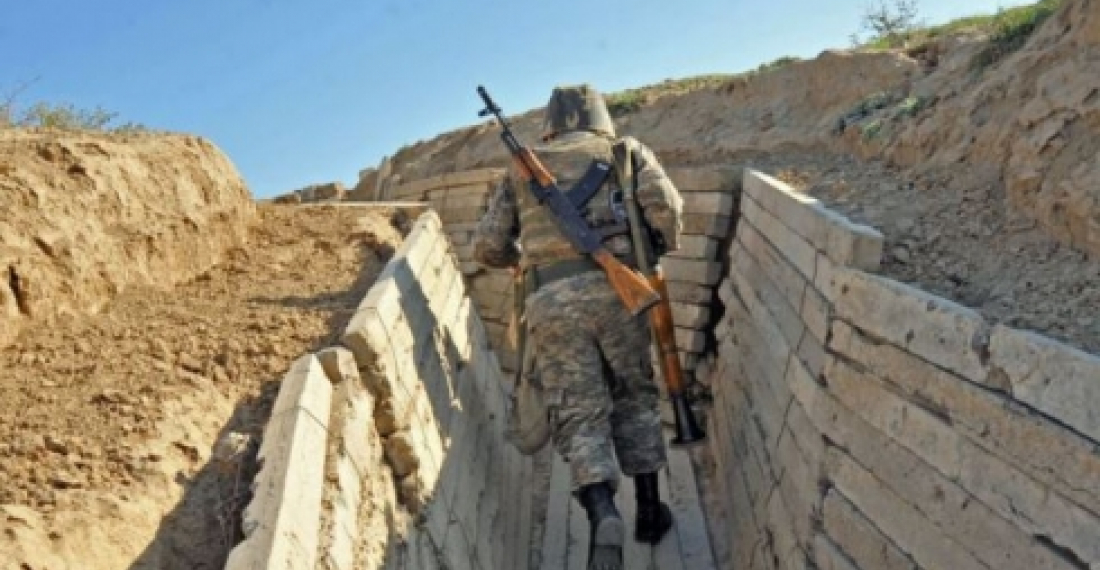2015 has started badly on the line of contact separating Armenian and Azerbaijani forces in the Nagorno-Karabakh conflict zone. The Armenian Ministry of Defence is reporting that two Armenian soldiers were killed and one injured whilst they were repelling an Azerbaijani incursion into territory held by the Armenian side. It named the killed soldiers as Karen Samuelovich Grigoryan and Vardan Martikovich Mkrtchyan, and the injured soldier as Volodya Gagikovich Arutyunyan. The Armenian sources also claim that Azerbaijan also suffered casualties in the incident. The incident happened around 3.15 am in the night between 2 and 3 January.
For the moment the Azerbaijani side has denied the incident, suggesting that the Armenian soldiers may have injured each other in a squabble.
These are the first causalties in the Nagorno-Karabakh conflict for 2015. Both Armenian and Azerbaijan have just celebrated the new year with the rest of the world, and in Armenia Christmas will be celebrated in the next days. These deaths will therefore be particularly painful to the families and friends of the deceased.
source: commonspace.eu with agencies.







